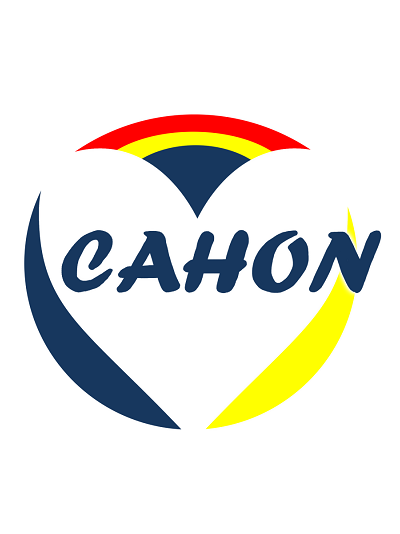肝细胞癌的联合免疫治疗:免疫检查点、TKIs和化疗的协同作用
IF 40.4
1区 医学
Q1 HEMATOLOGY
引用次数: 0
摘要
联合治疗正迅速成为肝细胞癌(HCC)治疗的基石。免疫检查点抑制剂(ICIs)已成为全身治疗的核心策略,但其作为单一疗法的疗效仍然有限。因此,诸如ICI -酪氨酸激酶抑制剂(TKIs)、ICI -化疗和双重ICI方案等组合方法正在获得动力。虽然临床试验已经建立了疗效基准,但机制方面的见解仍然很少,部分原因是目前临床前模型在模拟复杂肿瘤微环境(TME)方面的局限性。考虑到HCC的异质性,包括遗传学、转录组学和免疫学方面,治疗结果差异很大。其他因素如肠道菌群和表观遗传修饰进一步影响治疗反应和耐药性。虽然PD-1、PD-L1和CTLA-4抑制剂被广泛使用,但无反应是常见的。新的靶点如LAG-3、TIM-3、TIGIT和VISTA,以及重编程纤维化和免疫抑制性TME的策略正在积极研究中。最终,将基本见解转化为个性化治疗将取决于可预测的生物标志物和综合分析,这些分析可以解释肿瘤细胞、免疫系统和TME之间复杂的相互作用。这篇综述综合了目前的知识和支持联合治疗的细胞机制,强调了治疗的协同作用,并讨论了HCC分层治疗的新方向。本文章由计算机程序翻译,如有差异,请以英文原文为准。
Combination immunotherapy in hepatocellular carcinoma: synergies among immune checkpoints, TKIs, and chemotherapy
Combination therapy is rapidly becoming the cornerstone of hepatocellular carcinoma (HCC) treatment. Immune checkpoint inhibitors (ICIs) have emerged as a central strategy in systemic therapy, yet their efficacy as monotherapies remains limited. Consequently, combinatorial approaches, such as ICIs-Tyrosine kinase inhibitors (TKIs), ICIs-chemotherapy, and dual ICI regimens, are gaining momentum. While clinical trials have established efficacy benchmarks, mechanistic insights remain scarce, partly due to the limitations of current preclinical models in mimicking the complex tumor microenvironment (TME). Given the substantial heterogeneity of HCC, spanning genetic, transcriptomic, and immunologic dimensions, treatment outcomes vary widely. Additional factors such as gut microbiota and epigenetic modifications further influence therapeutic response and resistance. Although PD-1, PD-L1, and CTLA-4 inhibitors are widely used, unresponsiveness is common. Novel targets such as LAG-3, TIM-3, TIGIT, and VISTA, as well as strategies to reprogram fibrotic and immunosuppressive TME, are under active investigation. Ultimately, translating basic insights into personalized therapy will depend on predictive biomarkers and integrated analyses that account for the complex interactions among tumor cells, the immune system, and the TME. This review synthesizes current knowledge and cellular mechanisms underpinning combination therapies, highlights therapeutic synergies, and discusses emerging directions for stratified treatment in HCC.
求助全文
通过发布文献求助,成功后即可免费获取论文全文。
去求助
来源期刊
CiteScore
48.10
自引率
2.10%
发文量
169
审稿时长
6-12 weeks
期刊介绍:
The Journal of Hematology & Oncology, an open-access journal, publishes high-quality research covering all aspects of hematology and oncology, including reviews and research highlights on "hot topics" by leading experts.
Given the close relationship and rapid evolution of hematology and oncology, the journal aims to meet the demand for a dedicated platform for publishing discoveries from both fields. It serves as an international platform for sharing laboratory and clinical findings among laboratory scientists, physician scientists, hematologists, and oncologists in an open-access format. With a rapid turnaround time from submission to publication, the journal facilitates real-time sharing of knowledge and new successes.

 求助内容:
求助内容: 应助结果提醒方式:
应助结果提醒方式:


